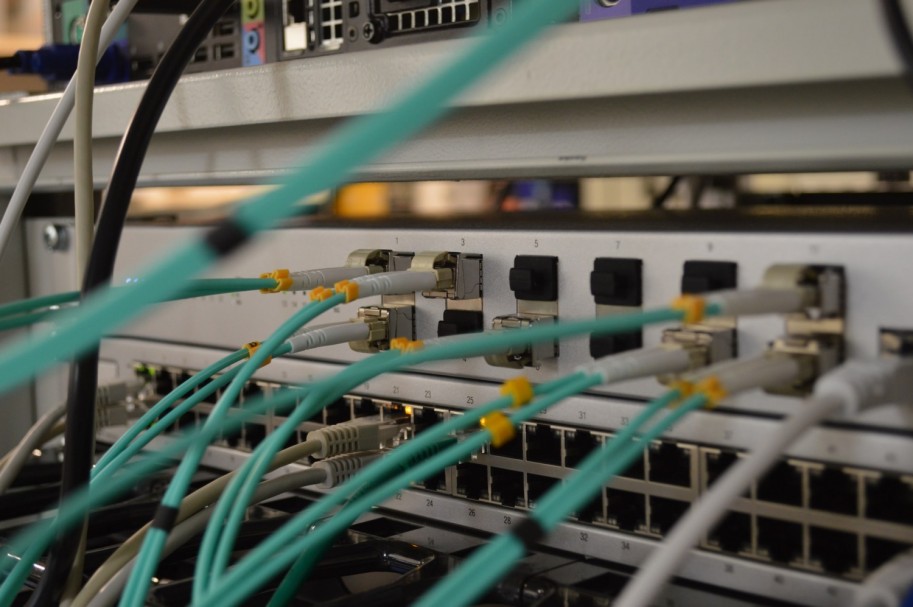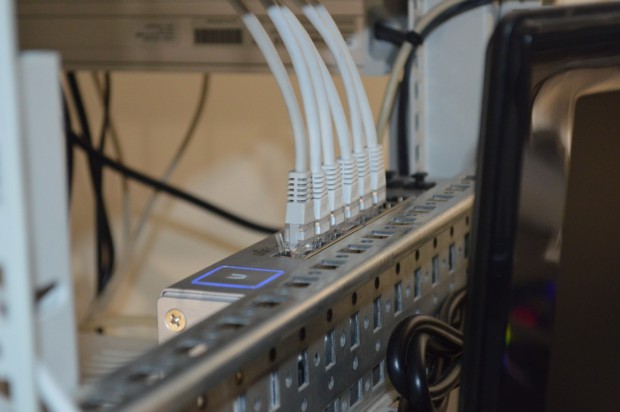
There are many factors that can affect your broadband speed, from the type of connection you have to the number of people using your internet at the same time. But there are some things you can do to help improve your broadband speed. Keep reading to learn about broadband comparison and how you can improve it.
Where do you start when comparing broadband providers?

Broadband is a way to provide high-speed internet access to a large area. The broadband network uses the telephone system or cable TV lines to provide high-speed access. This type of network can be used for businesses or residential customers.
Broadband is a staple in most homes, with many people using it for various tasks, whether for work or pleasure. However, what broadband deal is best for you can be tricky to determine, as it depends on multiple factors. These include what you use the internet for, how often, how many people in your household need to connect, and what kind of connection you can get in your area.
One of the first things you need to consider is how you will use broadband. You may be fine with a cheaper deal if you're mainly using it for browsing the web, checking emails, and streaming content. However, if you need to use it for more intensive tasks such as gaming, streaming, or downloading, you may need to opt for a higher-tier deal with faster speeds. The connection's speed is measured in Mbps or megabits per second and is the rate at which data is transferred between your device and the internet. The higher the Mbps, the faster the connection will be.
Another important thing to consider when choosing a broadband deal is the data limit. This is the amount of data you are allowed to use each month before you are charged extra.
Finally, the availability of different broadband deals can vary depending on location. You may be able to get a great deal on broadband with a particular provider, but if their service isn't available in your area, you may have to look elsewhere.
What affects latency speed?
Broadband latency speeds are an important factor to consider when choosing a provider. Broadband latency speed is affected by various factors, many of which are outside the control of internet service providers (ISPs) and end-users.
Distance from the telephone exchange is often the most significant factor affecting speed. The further away a user is from the telephone exchange, the slower the rate will be. This is because the further the signal travels, the weaker it becomes.
The amount of traffic on the internet can also affect broadband speed. When there is a lot of traffic, the signal can become congested, resulting in slower speeds.
Wiring in the home can also affect broadband speed. If the wiring is old or faulty, it can cause the broadband signal to degrade, resulting in slower speeds.
The type of broadband service being used can also affect speed. For example, ADSL is often slower than fibre.
How can you improve your speed?

Broadband speed is an important factor to consider when choosing broadband providers. Other factors can affect your speed, including the type of broadband service, the distance between your computer and the modem, interference from other electronic devices and electrical equipment, and the quality of your telephone line.
You can find a list of common causes of slow broadband speeds on the ISP's website. Once you have identified any potential problems that may be affecting your service, you can take steps to address them.
If you are not happy with the results, then there are several things you can do to try and improve them:
-
Check if you are using an appropriate wireless channel or setting up a wired network instead
-
Try moving closer to the router or modem
-
Invest in a better router or modem if necessary
-
Remove any devices that may be causing interference, such as microwaves, baby monitors, or cordless phones
-
If using satellite internet service, check for obstructions between dish and satellite
-
Switch providers
© 2017 Jobs & Hire All rights reserved. Do not reproduce without permission.
* This is a contributed article and this content does not necessarily represent the views of jobsnhire.com




